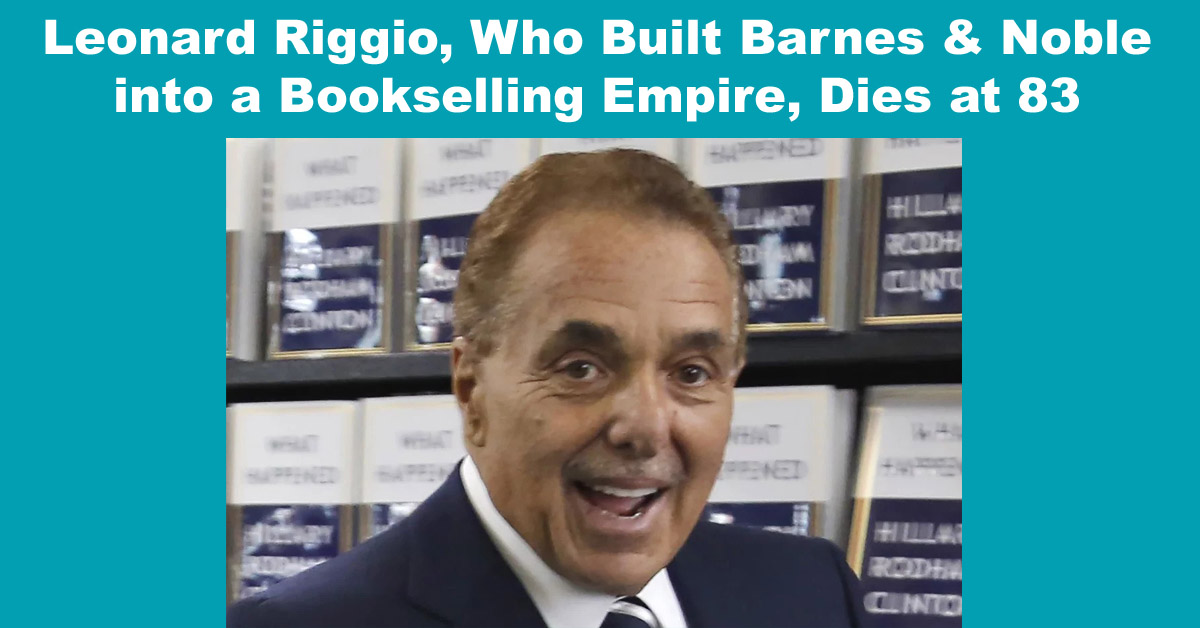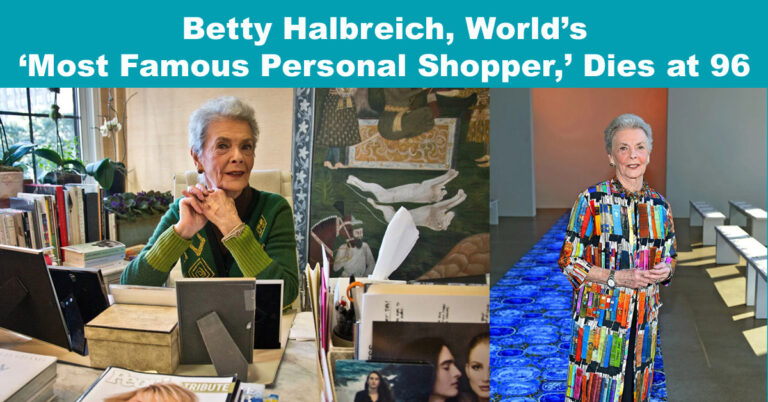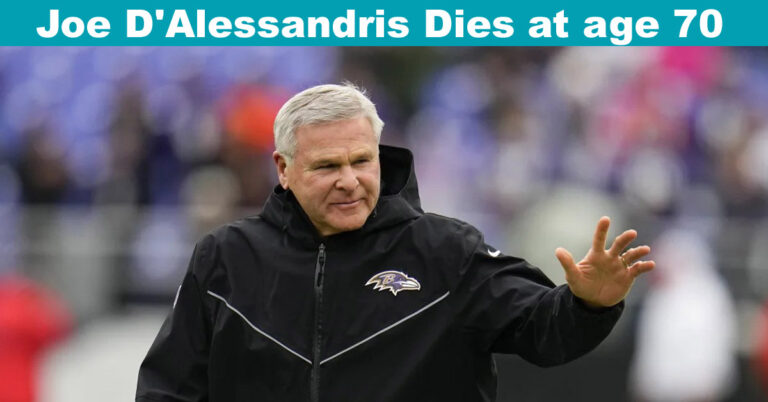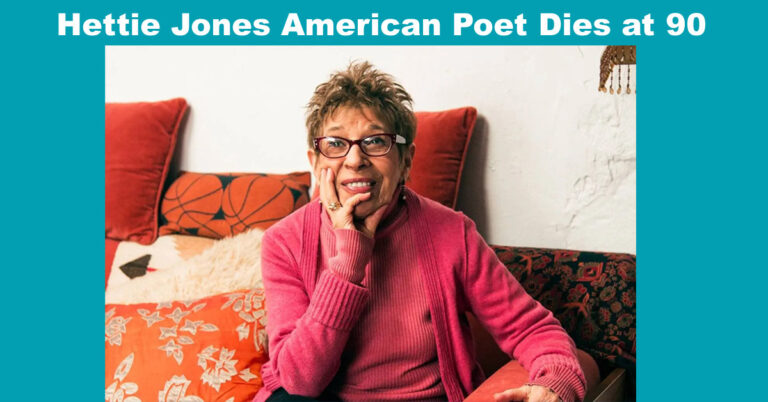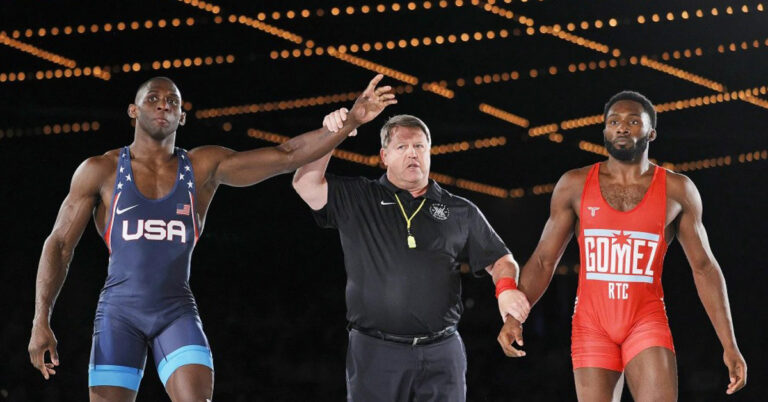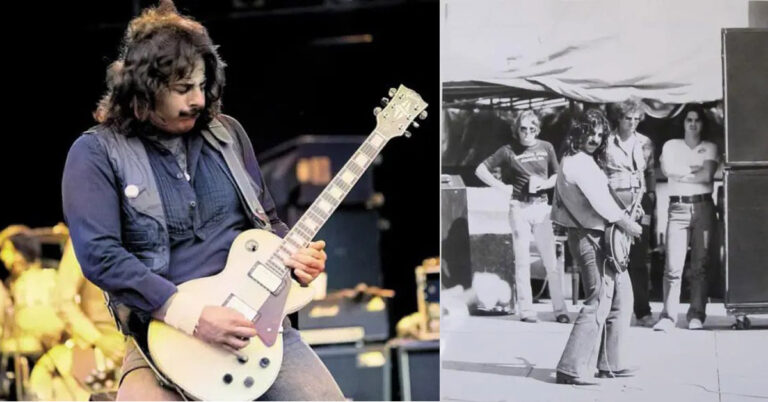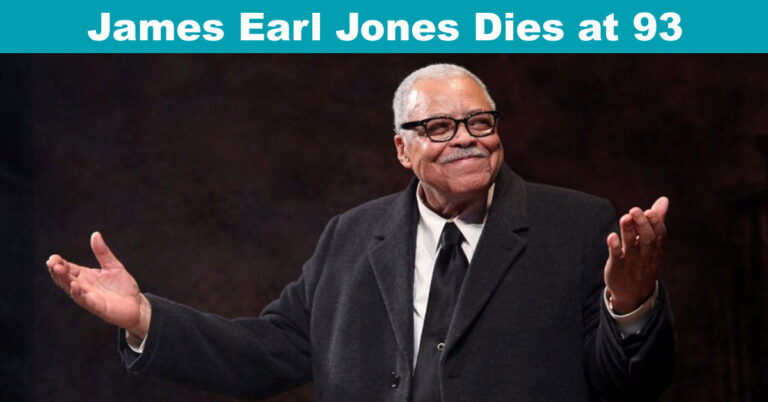Leonard Riggio, Who Built Barnes & Noble into a Bookselling Empire, Dies at 83
Leonard Riggio, Who Built Barnes & Noble into a Bookselling Empire, Dies at 83,
Leonard Riggio, Barnes & Noble Visionary, Dies at 83 After Battle with Alzheimer’s Disease,
Leonard Riggio, influential founder of Barnes & Noble, dies at 83. Leonard Riggio obituary. The visionary behind the iconic bookstore chain passed away after a brave battle with Alzheimer’s disease. Riggio’s leadership transformed bookselling, but he faced challenges from rising e-commerce giants like Amazon and controversies with independent booksellers. His death marks the end of an era for a man who reshaped the literary retail landscape.
A Legacy in Bookselling
Leonard Riggio, a dynamic and self-assured figure who revolutionized the publishing industry by transforming Barnes & Noble into the country’s most influential bookseller, has passed away at the age of 83. Riggio, whose leadership and vision shaped the landscape of retail bookselling, died on Tuesday after a courageous battle with Alzheimer’s disease, as confirmed by his family.
Riggio’s extraordinary journey began in 1971 when he used a $1.2 million loan to acquire Barnes & Noble’s name and flagship store on lower Fifth Avenue in Manhattan. Over the next two decades, he expanded the chain exponentially, establishing hundreds of new stores. His innovative concept of “superstores” in the 1990s, which combined discount pricing with a cozy, inviting atmosphere complete with couches, reading chairs, and cafes, became a hallmark of Barnes & Noble. “Our bookstores were designed to be welcoming as opposed to intimidating,” Riggio told The New York Times in 2016. “These weren’t elitist places. You could go in, get a cup of coffee, sit down and read a book for as long as you like, use the restroom. These were innovations that we had that no one thought was possible.”
The Power and Influence of Riggio’s Leadership
Riggio’s rise in the bookselling world was meteoric. Known for his informal style and preference for socializing with childhood friends rather than business leaders, he earned a reputation for being both formidable and approachable. Riggio wielded significant influence, capable of turning a book into a bestseller or a flop with a single suggestion. His audacious move to attempt to acquire the country’s largest book wholesaler, Ingram, in 1999, although ultimately thwarted by government resistance, illustrated his ambition and impact.
During his tenure, an estimated one in every eight books sold in the U.S. was purchased through Barnes & Noble. His dominance in the industry was so pronounced that it inspired depictions in popular culture, such as the 1990s romantic comedy You’ve Got Mail, where Tom Hanks’s character represents a chain resembling Barnes & Noble.
The Controversies and Challenges
Riggio’s influence was not without controversy. His dominance in the bookselling market led to tensions with independent bookstores, which often struggled to compete with Barnes & Noble’s expansive reach and aggressive pricing. The American Booksellers Association (ABA) engaged in multiple legal battles against Barnes & Noble and other major publishers, accusing them of unfair trade practices. The tensions were so severe that independent booksellers would express their discontent openly, and some even boycotted authors who supported Barnes & Noble.
Despite these conflicts, Riggio’s approach to bookselling was recognized for its role in popularizing reading and book culture. His chain’s physical stores became symbols of a vibrant book market, even as the rise of online retailers began to challenge their dominance.
The Rise of Amazon and Riggio’s Later Years
As the internet revolutionized commerce, Amazon.com, founded by Jeff Bezos, began to overshadow Barnes & Noble. Despite Riggio’s efforts to adapt with online initiatives such as the Nook e-book reader, Barnes & Noble struggled to compete with Amazon’s innovative approach. By the early 2010s, Amazon’s dominance in the e-book market and online retail had led to a decline in Barnes & Noble’s fortunes.
In his later years, Riggio’s relationship with independent booksellers transformed from rivalry to alliance. At the 2018 booksellers convention, Riggio and ABA CEO Oren Teicher, once adversaries, publicly praised each other, acknowledging the shared goal of preserving physical bookstores in an increasingly digital world.
A Man of Books and Principles
Riggio’s legacy extends beyond his business achievements. Raised in a working-class family in New York City, he was known for his philanthropy and support of democratic causes. He was a generous donor and a prominent advocate for progressive policies, aligning himself with figures such as Ralph Nader, who featured Riggio in his novel Only the Super-Rich Can Save Us!.
Leonard Riggio’s impact on the bookselling industry was profound and multifaceted. From his innovative bookstore concepts to his complex relationship with independent booksellers, his influence will be remembered as a significant chapter in the history of American retail and literature. As Riggio himself reflected, “Money can become a burden, like something you carry on your shoulders. My nature is to be a ball-buster, but my role is to help people.” His contributions to the world of bookselling will undoubtedly endure long after his passing.
Famous Memorial and Join TELEGRAM
Leonard Riggio, Who Built Barnes & Noble into a Bookselling Empire, Dies at 83
Frequently Asked Questions (FAQs)
Q: Who was Leonard Riggio?
A: Leonard Riggio was the founder and long-time chairman of Barnes & Noble. He transformed the company into the largest bookseller in the U.S. and revolutionized the bookselling industry with his innovative concept of large, inviting bookstores.
Q: When did Leonard Riggio pass away?
A: Leonard Riggio passed away on August 27, 2024, at the age of 83.
Q: What caused Leonard Riggio’s death?
A: Leonard Riggio died after a courageous battle with Alzheimer’s disease.
Q: What was Leonard Riggio’s impact on the bookselling industry?
A: Riggio significantly impacted the bookselling industry by expanding Barnes & Noble into a nationwide chain of “superstores” that combined large retail spaces with a comfortable atmosphere for readers. His leadership played a crucial role in popularizing the concept of large-scale bookstores.
Q: How did Leonard Riggio’s leadership affect independent bookstores?
A: Riggio’s leadership often led to tensions with independent bookstores due to Barnes & Noble’s competitive pricing and market dominance, which some smaller stores found challenging. Despite this, Riggio’s later years saw a shift toward collaboration with independent booksellers in the fight against online retailers like Amazon.
Q: What challenges did Barnes & Noble face under Riggio’s leadership?
A: Under Riggio’s leadership, Barnes & Noble faced challenges from the rise of e-commerce giants like Amazon. Despite efforts to innovate with online platforms and e-readers, the company struggled to compete with Amazon’s digital dominance.
Q: What were Leonard Riggio’s contributions beyond bookselling?
A: Beyond bookselling, Leonard Riggio was known for his philanthropy and support of Democratic causes. He was also noted for his involvement in progressive political movements and advocacy for worker pay.
Q: How did Riggio’s vision for bookstores differ from his competitors?
A: Riggio’s vision for bookstores focused on creating welcoming, large-scale spaces that combined retail with comfort, such as reading chairs and cafés. This contrasted with more traditional bookstore models and helped establish a new standard for customer experience in bookselling.
